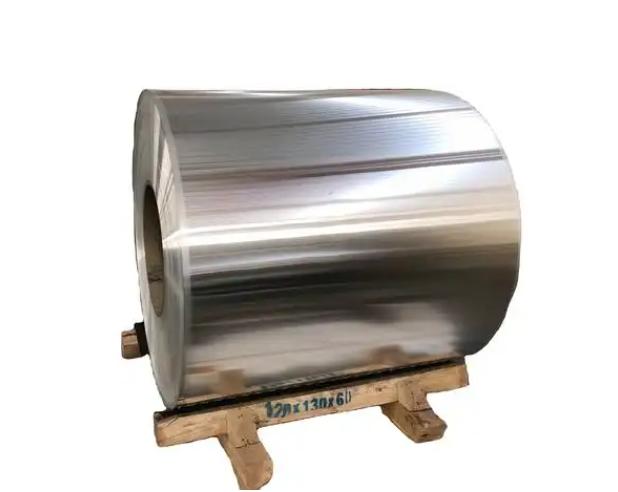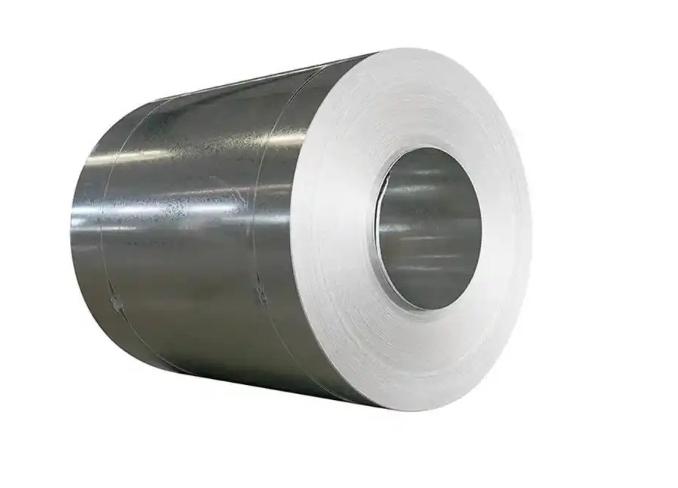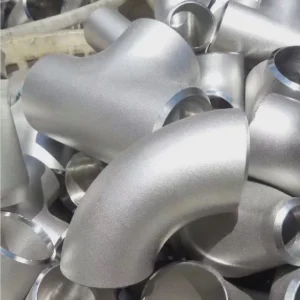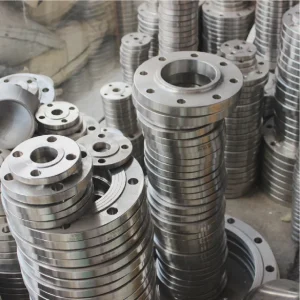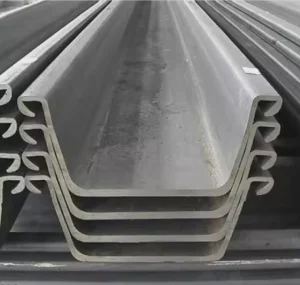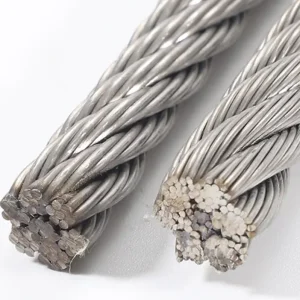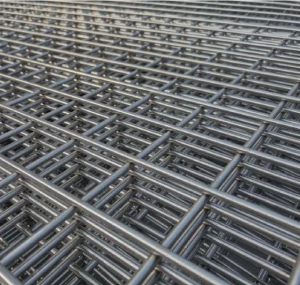Why 6061 Aluminum Coil Quality Impacts Structural Integrity
Let me be blunt: 6061 aluminum coils power everything from aircraft frames to marine components. But when suppliers cut corners, disaster follows. I once saw a boat builder’s entire batch of hull panels warp because a "discount" supplier skipped T6 hardening—costing them $220k in replacements.
Key Stat: 19% of 6061 coil failures result from improper Mg/Si ratios (Aluminum Association, 2023).
Certified vs. Uncertified 6061 Suppliers: 4 Critical Differences
| Factor | Certified Suppliers | Uncertified Suppliers |
|---|---|---|
| Heat Treatment | T6 aging logs (4-6 hours at 325°F) | No tempering documentation |
| Chemical Analysis | ASTM B209 batch reports | Generic "approximate" specs |
| Surface Finish | AA-M12C22A1 mill finish | Visible tooling marks (Ra >60 µin) |
| Lead Time | 3–8 weeks with MTRs | "Fast" 10 days (no traceability) |
⚠ Warning: Avoid suppliers offering "T6 equivalent"—24% of these fail elongation tests (<12% strain) (ASM International).
6-Step Protocol to Vet 6061 Aluminum Coil Suppliers
- Demand ASTM B209 Certificates – Verify Mg (0.8–1.2%) via XRF guns onsite.
- Test Tensile Strength – Require ≥35 ksi yield strength (ASTM B557).
- Audit Aging Ovens – Confirm precise T6 timetemp controls (±5°F variance max).
- Check Edge Conditioning – Burrs >0.003" can wreck CNC machining.
- Simulate Welding – Test TIG weld strength (≥24 ksi post-weld).
- Verify Packaging – VCI-coated interleaving prevents saltwater corrosion.
Real Story: I caught a Chinese supplier’s fake T6 certs by testing aging duration—their coils spent 2 hours in ovens instead of 6. Their excuse? "Western standards waste energy."
Top 3 Costly Mistakes When Sourcing 6061 Coils
Mistake 1: Prioritizing price over ASTM compliance.
Fix: Calculate cost per certified pound—cheap coils often fail FAA audits.
Mistake 2: Ignoring tempering furnace logs.
Solution: True T6 requires solution heat treatment at 985°F followed by artificial aging.
Mistake 3: Assuming "marine-grade" equals corrosion-proof.
Reality: Even 6061-T6 needs Alodine coatings for saltwater applications.
Case Study: How SpaceX Avoided Launchpad Gantry Failures
When sourcing 6061-T6 coils for Starship’s launch infrastructure, SpaceX:
- Tested 12 suppliers’ coils under -320°F to 300°F thermal shock
- Conducted ultrasonic scans for hidden inclusions
- Mandated real-time aging oven data feeds
Result: Zero material defects in 8,000+ fabricated brackets.
Emerging Tech in 6061 Aluminum Production
- AI-Driven Rolling Mills – Kaiser achieves ±0.2mm thickness consistency.
- Digital Twin Testing – Novelis predicts stress points before stamping.
- Recycled Alloys – Constellium’s 80% recycled 6061 cuts emissions by 49%.
Industry Insight: Suppliers lacking IoT-enabled tempering systems will lose defense contracts by 2025 (Ducker Carlisle Report).
Checklist: 6061 Aluminum Coil Supplier Audit
Before signing contracts:
✅ Confirm ASTM B209 compliance (batch-specific)
✅ Verify yield strength ≥35 ksi via third-party tests
✅ Inspect surface roughness (Ra ≤40 µin per AMS 2772)
✅ Check interleaf paper pH (neutral 6.5–7.5)
✅ Validate mill markings (ASTM B249 standards)
Final Take: Choosing 6061 aluminum coil suppliers isn’t shopping for commodities—it’s securing metallurgical partners. Prioritize vendors who debate tempering curves and Mg ratios, not those pushing "too-good-to-be-true" deals. Remember: Your supplier’s aging oven discipline today determines your product’s lifespan tomorrow. Now go build something that survives real-world punishment!


